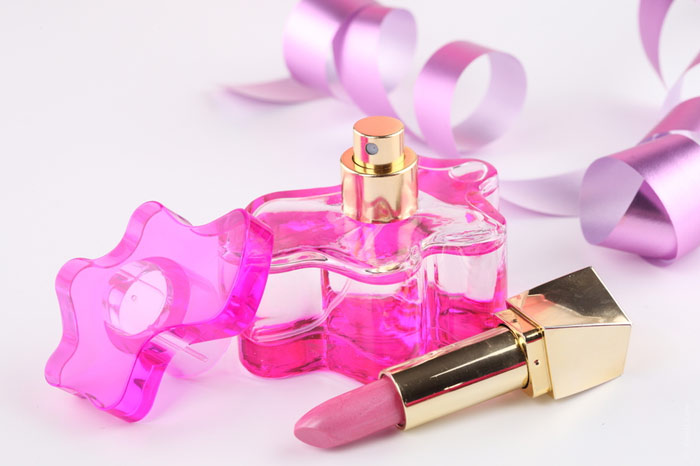Your aim is always to try and make your skin look its best and that is why so many of us like to use beauty products as a way of achieving that aim, however, it might be the case that some of the ingredients used to make these items might not be that good for your skin.

Choosing non-toxic beauty products is one way of helping to make sure that you don’t suffer an allergic reaction to an ingredient and it would also seem a good idea to check whether there might be some items on that ingredients list that you might want to avoid.
Acids are a good starting point
It doesn’t take too much guesswork to come to the conclusion that a product that has been specifically designed to efficiently remove skin cells could have the capacity to inflict some damage that you hadn’t anticipated,
There are various acids that could cause an allergic reaction such as salicylic acid, which is often used to treat acne and problematic oily skin, so look for active ingredients that are some form of acid, especially if you experience irritation or dryness, especially when you are using a chemical peel.
Metals in cosmetics
You might be surprised to discover that there are various metals that can appear on the ingredients list of a variety of cosmetic products.
For example, aluminum, lead, or chromium are used in some products and cobalt or nickel are also culprits that are at the root of some people’s allergic reaction to a cosmetic product.

Be wary of emollients
Emollients are widely used as a way of soothing your skin but it is possible that the likes of coconut butter or cocoa butter could end up causing you to suffer an allergic reaction and might cause you to experience breakouts.
Check your body wash or shampoo
Next on the list is sodium Laureth sulfate and sodium laurel sulfate, which are detergents that are extensively used in all sorts of body wash products and shampoos.
These sulfates could cause eye and skin irritation and could cause your skin to come out in a rash.
A nice aroma that could lead to a nasty rash

If you are sensitive to fragrances, in general, you should be wary of synthetic fragrances as they are a common source of skin irritation amongst a number of people.
The list of symptoms attached to synthetic fragrances is worryingly extensive and as well as skin rashes you might also experience respiratory problems as well as coughing, headaches and other potential problems.
You should be aware that fragrances don’t just appear as an ingredient in perfumes and other products might use them to make a beauty product more attractive to the consumer.
Fragrance chemicals, which are identified as masking agents, are also used in products that are labeled as unscented, so it can be difficult to steer clear of an ingredient that could trigger an allergic reaction.
A good strategy to adopt if you are allergic to fragrances would be to avoid products that list any form of fragrances on the label or seek out some natural and non-toxic alternatives.










